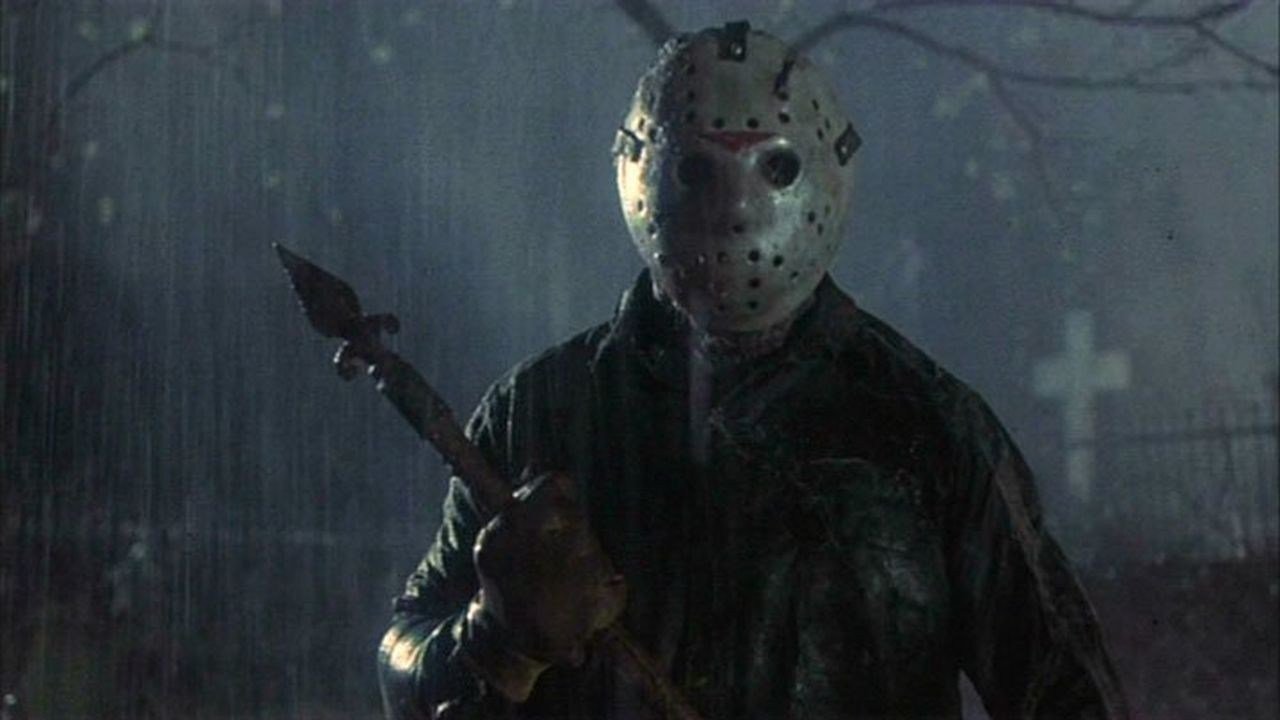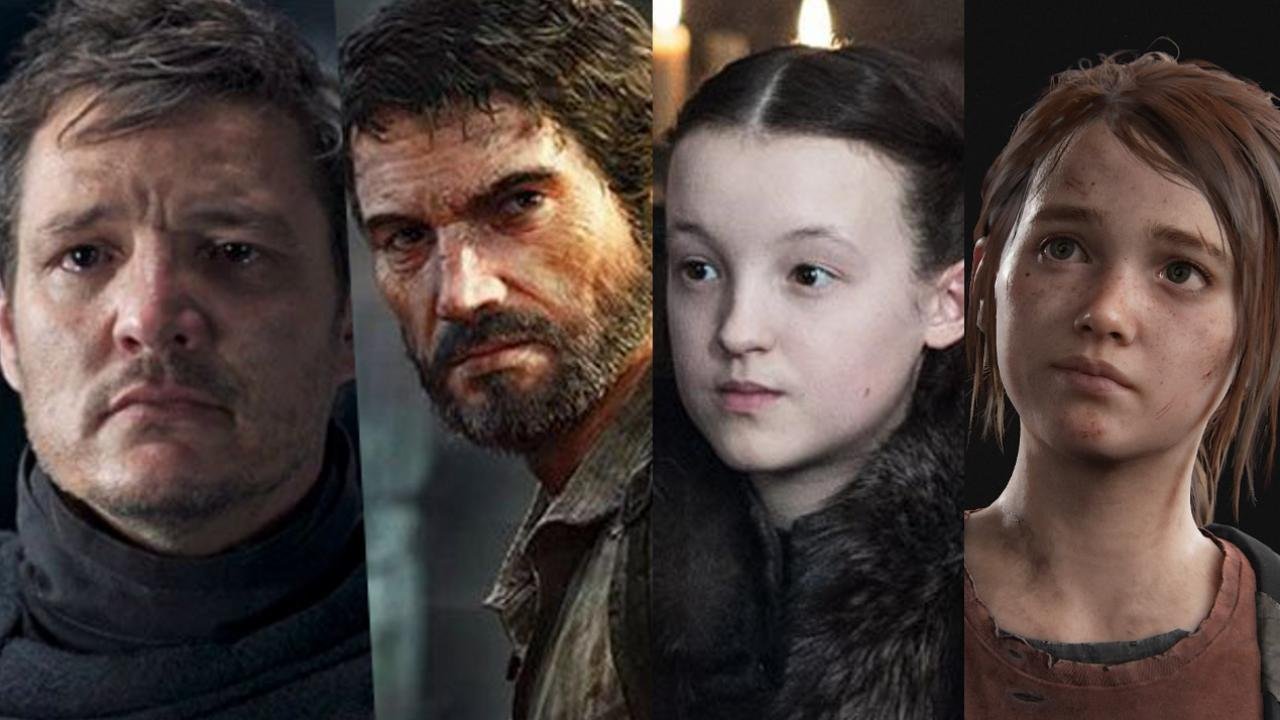Why Do Slasher Reboots Often Miss the Mark?
Fair or not, if there's one film genre that's most derided as shlock with little intellectual value, it's horror movies. It's viewed as the genre that perfectly encapsulates Sturgeon's Law (90% of everything sucks) despite every genre having its fair share of misfires. Let's not pretend that every single romcom, action film, and Hallmark channel film is Oscar-worthy high cinema, while the silly horror movies are only there for stupid people.
A part of the derision of horror films, especially slasher movies, comes from the fact that they are arguably the easiest genre of film to create. They're cheap, have a built-in audience if one of them does well, and, let's be honest, not a lot of thought has to go into the fifth direct-to-video film in a franchise. Action films tend to be expensive and there aren't going to be six sequels to a successful romcom film.
RELATED:
However, seeing horror, especially the humble slasher film, just through that lens is doing the subgenre a major disservice. Alfred Hitchcock's Psycho, first released in 1960, has a claim to be the first slasher movie, and is one of the most influential films of all time, regardless of genre. It earned four Oscar nominations, including Best Director for Hitchcock and Best Supporting Actress for Janet Leigh. If the Academy did a redo, it might very well take home the Best Picture prize. Like a lot of slasher films, it kept going, with four additional films, a remake and a TV show. Texas Chainsaw Massacre helped build things even further until the mega hit, 1978's Halloween. From there, we saw countless imitators which helped define the genre, including the equally influential Friday the 13th, Hellraiser, Child's Play and A Nightmare on Elm Street.
Freddy Kreuger, Jason Voorhees, Michael Myers, Pinhead, Norman Bates, Chucky, Leatherface... these are some of culture's most iconic film characters. Every year you still have countless people dressing as them for Halloween. Both Freddy and Norman Bates were included in the American Film Institute's list of top fifty film villains, with Michael, Jason, and Leatherface as nominees.
As for the films themselves, a lot of them are objectively really good on their own merits. Texas Chainsaw Massacre, Psycho, A Nightmare on Elm Street, and Halloween all have scores in the 90s on the critic site Rotten Tomatoes.
But they couldn't last forever, and eventually, sometimes quickly, the franchises got stale. The Halloween franchise alone has twelve films, and it can be argued that only two or three of them are any good. That's par for the course with slasher franchises. Eventually, the spirit starts to fade. And then, starting mostly in the early 2000s, studio executives looked at their properties and went "hey, we own these characters that everybody knows and loves. We can still squeeze a little bit of money out of them, right?" It tends not to work. At all. But why is that?
Now, that's not to say that it's a hard rule. 2018's Halloween remake decided to ignore the increasingly complicated and moronic lore, opting instead to make Michael the physical manifestation of evil again instead of... a pawn for an evil blood cult that made him kill every member of his family? Or something like that? The Netflix Child's Play films saw success largely thanks to the creators asking themselves "hey, how about making Chucky scary again? You think we should do that?"
But the latest Freddy movie was garbage. So was the last Jason film. And Leatherface. And Black Christmas. The last Pinhead movie was halfway decent, but the prior reboot was trash. And many more beside. But why?
Well, to start, it's generally obvious when a film is made without passion, focusing mainly on the bottom line. For example, the second to the last Hellraiser movie, Revelations, was made just so that the studio wouldn't lose the rights to the character. That's it. That's the only reason the film was made. Not because they had a story to tell, not because there was an interesting direction to take the story or characters, but they just didn't want to lose the rights. Thanks to the long histories of the franchises, fans know what the characters look like at their best, and what they look like at their worst, so we have comparisons. It's easy to see which films the reboots are most like.
Another major problem is that the new ideas are often "what's the backstory?" Gah! No! "We need a backstory for Michael Myers because we need a new movie. How about an annoying psychopath kid?" In the original film, Michael just... was. He was a cross between a being of pure evil, and the boy next door, meaning someone like Michael could appear anywhere. In the original film he's just credited as "The Shape." In the highly underrated Black Christmas, a lot of what made "Billy" (if that was even his real name) scary was that we knew almost nothing about him, and really only saw him in shadow. What does the remake do? Backstory!
Now, obviously Chucky, Freddy, Pinhead, and Jason all had backstories, but their lack of backstory and mystique was not what made them scary. We were told just what we needed to know, and that was it really. It was a small part of their characters. The Rob Zombie Halloween spends the first half of the film detailing everything we didn't want to know about Michael. A ton of screen time in 2006's Black Christmas deals with Billy's backstory. As a result, the audiences eventually grew comfortable with the sight of one of the killers on screen, making their appearances during kill scenes less meaningful.
Another issue, and this admittedly can't be avoided, is recasting. Now, obviously it doesn't really matter all that much who plays Michael or Jason, because they're lumbering, strong dudes with a mask. The actors changed all of the time. This is not the case with Freddy and Pinhead. Robert Englund and Doug Bradley respectively are Freddy and Pinhead, and it's nearly impossible to see the characters without the actors who made them every bit as much as the directors and screenwriters. Jackie Earle Haley is not a bad actor, but he was never going to be acceptable as Freddy. That's Engund's role. The actor who played Pinhead in 2011's Hellraiser: Revelations was... Ugh. None of the chills, none of the gravitas, just coasting by on the iconic look.
Overall, this was a bit rambly, but it can be boiled down to a few quick points.
1. Recasting iconic characters puts the films in an uphill battle to begin with, fair or not.
2. Lack of original ideas. The sequels in the franchises also often have this issue, but that doesn't excuse the remakes.
3. They're often clearly cash grabs, which eliminates the need for a good story, strong characters, or even just scares. The lack of passion always translates on the screen. If the filmmakers don't care all that much, why should I?
4. The fans already have an idea in their heads of what a good movie in the franchise should be, and the remakes/reboots almost never live up to those expectations.
Now, not every slasher reboot was bad. Again, I mentioned the new Michael and Chucky films above. However, they're the exception, not the rule. We know that these characters can be scary. We've seen it before. I'd advise every filmmaker out there who is thinking of rebooting a popular franchise ask themselves "why were these characters scary. What about them resonated with audiences?" If they ask that question, we might see more films like the new Halloween and Child's Play films.
READ NEXT:



